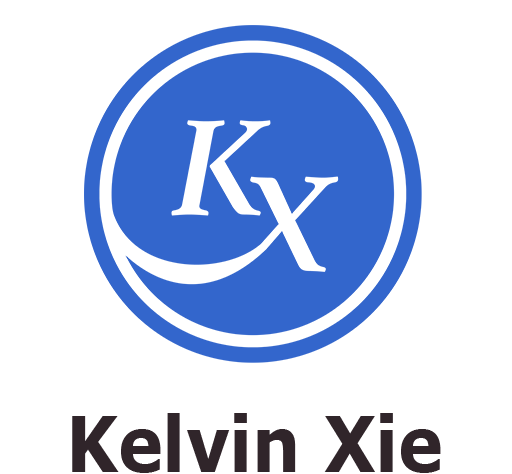Study: Caffeine accelerates recovery from general anesthesia via multiple pathways (2017)
Summary:
Although anesthesia has been around for a while, the exact mechanism has never been fully understood. Consequently, there have been no proven drugs available to reverse the effects of isoflurane. The goal of this study was to prove the effectiveness of caffeine to accelerate emergence from anesthesia even at high levels. Since caffeine is so widely used in the general population, it could provide a safe and inexpensive way to shorten the recovery time for patients under anesthesia.
My Contributions:
In this study, I assisted in lab procedures to anesthesize rats and record the experimental data. Additionally, I was involved in the interpretation of the experiment’s results.
Citation:
Robert Fong, Suhail Khokhar, Atif N. Chowdhury, Kelvin G Xie, Josiah Hiu-Yuen Wong, Aaron P. Fox, and Zheng Xie (2017) Caffeine accelerates recovery from general anesthesia via multiple pathways. Journal of Neurophysiology 118:3, 1591-1597. https://doi.org/10.1152/jn.00393.2017
Study: Caffeine reverses the unconsciousness produced by light anesthesia in the continued presence of isoflurane in rats (2020)
Summary:
As a continuation of the study described above, this paper establishes the effect of caffeine on unconsciousness under continued anesthesia. In the previous study, the rats were taken off isoflurane shortly after the injection of caffeine. However, in these experiments, caffeine was injected without the rats being taken off isoflurane. To study these effects, we utilized respiratory rate, heart rate, and electroencephalogram (EEG) data in order to determine the levels at which caffeine had a significant effect on unconsciousness.
My Contributions:
During this study, I was responsible for creating the application to analyze the EEG data. My application was designed and implemented in MATLAB and utilized specific functions from the open source EEGLAB program. During the experiments, the raw EEG data was recorded, and this data was taken in through my application to produce figures that demonstrate the effects of caffeine. My application was designed to not only output graphics for analysis, but also to compute statistics for multiple frequency ranges corresponding to different types of brain waves.
Citation:
Fox AP, Wagner KR, Towle VL, Xie KG, Xie Z (2020) Caffeine reverses the unconsciousness produced by light anesthesia in the continued presence of isoflurane in rats. PLOS ONE 15(11): e0241818. https://doi.org/10.1371/journal.pone.0241818
